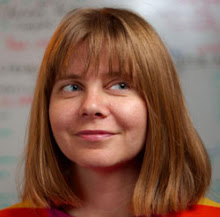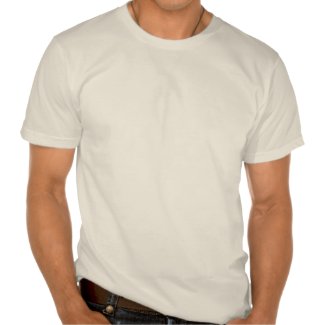 Al Pacino as Michael Corleone going back to his roots in Sicily. I wanna have a shotgun totaing hottie with me everywhere I go, next time I'm vacation.
Al Pacino as Michael Corleone going back to his roots in Sicily. I wanna have a shotgun totaing hottie with me everywhere I go, next time I'm vacation.What is it that draws us to the Godfather? While not as common an icon as Al Pacino’s Scarface, plenty of Michael Corleone posters hang on dorm room walls 35 years after the film was made. On the surface it seems simple. It’s the fantasy of having a quick solution to an intractable problem. Sure Michael Corleone is a murderer, a liar, and controls an evil criminal empire. But he really gets results. He makes decisions clearly and quickly and he acts. When he meets his first wife, Apollonia, he asks her father for her hand in marriage that same afternoon, based on one look across a meadow. When he finds his wounded father unguarded in the hospital he uses a nurse, a baker and a bit of bluff to scare off a car full of assassins. The story of the first Godfather movie is the story of his rise to power, and perhaps the loss of his soul to the family business. It is also the story of a young man who comes into his own. In that respect, it is somewhat heartening to watch the younger brother of the Corleone family rise by his wits, ingenuity and loyalty to his family. Though the movie goes a long way to show his motives for all the bad things he does, there is an underlying current of ambition moving through the character. Does fate force his hand or does merely see every disaster as an opportunity to take control and move forward?
One of the most famous and effective sequences in The Godfather is the montage of the baptism, in which Michael’s vow to protect and preserve the soul of Carlo’s child is intercut with a series of murders that Corleone orchestrated. The priest asks him if he renounces Satan and all his works as the soundtrack thunders along with an organ straight out of a silent melodrama and Fat Clemenza blows away a mark with the stereotypical gun hidden in a flower box. That is the appeal of the character to me. We haven’t quite figured out whether he is the Devil, has made a deal with him or is something different we can’t name.





3 comments:
If you think about it, from the start of The Godfather, it became apparent that Michael was the most logical choice to head the family. In his first scene, he is at the wedding in his marine uniform. Michael is a war hero. He's won medals, he's kept his cool under fire. He's smart, he's savvy. Perhaps a bit wet behind the ears at this point, but not totally naive. He knows what the family business is. He may not have a desire to be involved in it, but he's loyal and dedicated to the family. He's there, after all and he loves them.
It becomes apparent from the outset that Fredo doesn't have what it takes upstairs to run the show. The heir apparent, Sonny has been in the family business for years and is actively involved in family decisions. But Sonny is a hothead. He makes rash decisions on the spur of the moment and we see what that got him. (SPOILER!! Sonny gets waxed at a toll booth with about 500 bullets). The next possible choice would Tom, the adopted family member. He's, cool, calm, collected and knows the business. But that's not going to happen. He's not a real Corleone; besides that, he's Irish!
It may appear that circumstances brought Michael into the fold, but it's more than that. It was fate, destiny. There is no way that Michael could shirk his family responsibility and not take over things. This is no different than thousands of members families who make personal sacrifices. In this case, Michael sacrificed his soul.
What about Connie? By the end of the III, it was pretty clear that if it weren't for bull$hit sexism, Connie would've made the perfect Don. Carlo's death made her tough. She wasn't as much a hothead as Sonny and she seemed to have the stomach for it more than Michael.
And yeah, poor Tom. If Vitto wouldn've listened to him and agreed to finance the Turk, none of this wouldn've happened.
I love Fredo. He's almost mentally challenged and yet there is a sweetness in his bond with his father that is so touching. In One, when Vitto gets shot, his reaction is like a little kid, so gut-wrenching and in II when Fredo is sick, it's the thing that tips the balance and pushes Vitto toward the crime syndicate.
I haven't seen III, but I could tell at the end of Godfather II, that Connie had become Michael's right hand (wom)man and that she had what it takes to run the show. She was definitely an integral part of the family machinations and would be the perfect choice to call the shots.
I had a soft spot for Fredo too. He was especially touching in his scenes with Michael's children. He was their surrogate father. I really lost all sympathy for Michael when he had Fredo done in. At that point, Fredo had lost any ambitions or family jealousies he had and just wanted to be back in the family fold. I know business is business, but Fredo posed no threat and in fact was an asset because of his fatherly ways with the children.
Post a Comment